Seven Indicators that Move the Markets by Paul Kasriel, Keith Schap
$25.00

Seven Indicators that Move the Markets by Paul Kasriel, Keith Schap
Get Seven Indicators that Move the Markets at Salaedu.com
Forex Trading – Foreign Exchange Course
You want to learn about Forex?
Foreign exchange, or forex, is the conversion of one country’s currency into another.
In a free economy, a country’s currency is valued according to the laws of supply and demand.
In other words, a currency’s value can be pegged to another country’s currency, such as the U.S. dollar, or even to a basket of currencies.
A country’s currency value may also be set by the country’s government.
However, most countries float their currencies freely against those of other countries, which keeps them in constant fluctuation.
How to understandand profit fromreliable and easy-to-use indicators that are often overlooked by the popular press
Seven Indicators That Move Markets reveals easy-to-use indicators that have been shown to actually forecast where the financial markets are going next. These indicators, widely available in daily newspapers and on the Internet, provide continuously updated figures and data that describe what market users are thinking todayand where the markets could be headed tomorrow.
This timely book shows savvy investors where and when to look for these market indicators, how to use them to structure investment strategies, and which asset allocations work best for specific market conditions. It contains hands-on techniques for:
- Filtering fact from rumor in the financial press
- Understanding relationships between indicators and investment choices
- Evaluating market data in relation to Fed policy
From the Back Cover
Indicators You Can Use to Measure Today’s Markets AccuratelyAnd See Market Swings Before They Occur
From newspapers and magazines to financial networks and the Internet, investors are continually bombarded with economic data. Yet only seven of today’s economic indicatorsand not necessarily those you hear on the evening news!can be relied on to forecast market movements accurately. Seven Indicators That Move Markets reveals these important leading indicators and explains how they can be used to dramatically improve the timing of your buy and sell decisions.
This straight-talking book sets aside complex jargon and calculations to help you make what you read and hear work for you consistently. Let it show you how to:
- Understand the direct relationship between market indicators and investment performance
- Interpret market numbers and use them to fine-tune your investment program
- Profit from favorable market conditions and avoid the unfavorable
Seven Indicators That Move Markets won’t give you a cookie-cutter, one-size-fits-all formula for earning instant profits in today’s market. What it will give you is the foundation you need to become a smarter investor, one who bases investment decisions on knowledge and intelligenceinstead of blind luck and chance.
Fed funds futures … Yield curves … Credit spreads … Volatility … Option price derivatives … Futures price relationships … Industrial commodity prices …
These seven indicators, for the most part ignored or paid minimal attention by financial pundits and the national press, have proven to be remarkably accurate at alerting investors to the direction and strength of pending market movements. Seven Indicators That Move Markets is the first book to examine how they function individually and with each other. It explains in terms that individual investors can understand what these indicators are, how to interpret and analyze them, and how to use the resulting data to instantly improve both upside potential and downside protection.
A collaboration between one of the nation’s leading economists and a journalist who has chronicled the markets for well over a decade, this layman’s guide clarifies and simplifies the relationships between indicators and market performance, including:
- How to read a yield curve, both in its entirety and in its segments
- Methods for using volatility to gauge how long an ongoing market run will last
- How the relationship between fed funds futures and various yield curves may reveal more than traditional indicators
- What industrial commodity price indexes canand can’talert you to
- How to separate true changes in market fundamentals from fear-driven “crises”
Finally, Kasriel and Schap’s book shows you how to combine the seven indicators to construct a framework for accurately predicting and interpreting market events. In conjunction with your existing methods and strategies, this framework will give you a stronger handle on the current market environment, and help you to plot your best moves in that market.
No indicator is infallible. However, certain indicators have proven time and again to predict market movements with accuracy and precision. Let Seven Indicators That Move Markets introduce you to these indicators and show you how to use them to structure your investment moves.
About the Author
Paul Kasriel, director of economic research for The Northern Trust Company, is responsible for making the corporation’s economic and interest-rate forecasts. Through his economic and financial commentaries, Kasriel has developed a loyal following in the financial community. He is often quoted in national publications including Barron’s, BusinessWeek, Investor’s Business Daily, and The New York Times, and he has appeared on CNN, CNBC, and PBS.
Keith Schap is a writer in the market and product development department of the Chicago Board of Trade. Previously a senior editor with Futures magazine, where he developed market outlooks for numerous markets, Schap has contributed over 300 articles to magazines and journals including Futures, Treasury and Risk Management, and Derivative Strategies.
Get Seven Indicators that Move the Markets by Paul Kasriel, Keith Schap at Salaedu.com
1 review for Seven Indicators that Move the Markets by Paul Kasriel, Keith Schap
Add a review Cancel reply
Related products
Forex - Trading & Investment
Forex - Trading & Investment
Forex - Trading & Investment
Michael Parsons – Channel Surfing Video Course (Manual,Video)
Forex - Trading & Investment
Forex - Trading & Investment
Nick Van Nice & John Sheely – Master CTS Swing Trading (Video & Manual)

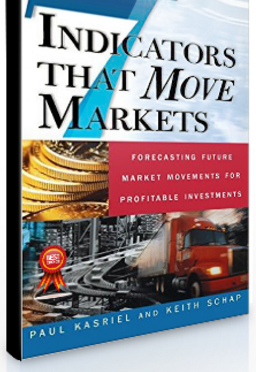
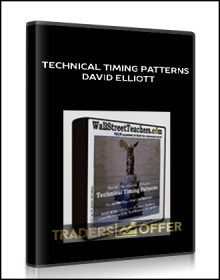


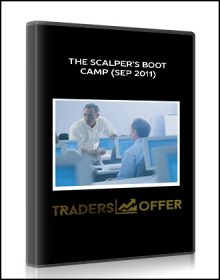

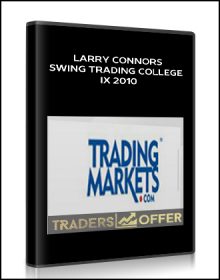
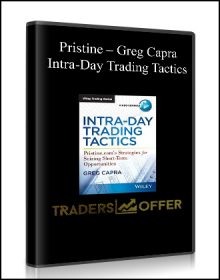
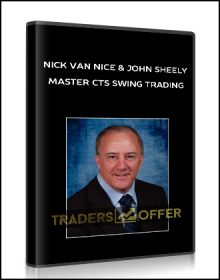
Trevis Trevis –
This is one of the most beautiful website and you can check the reviews of my website here: https://salaedu.com/clients-proof-and-reviews/